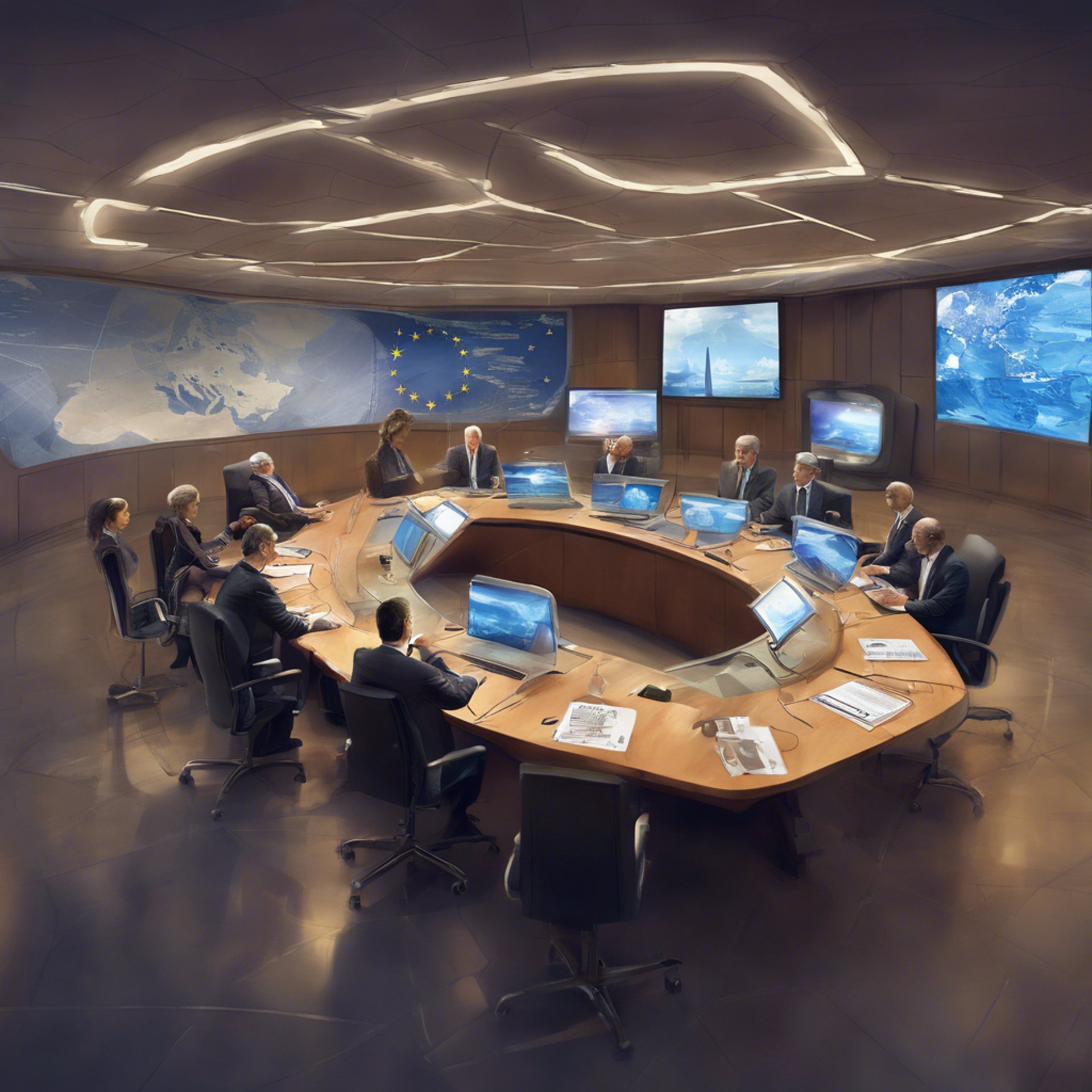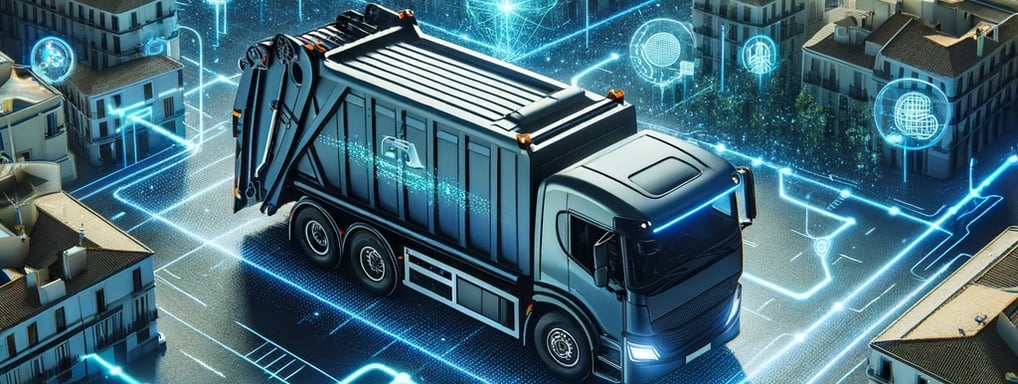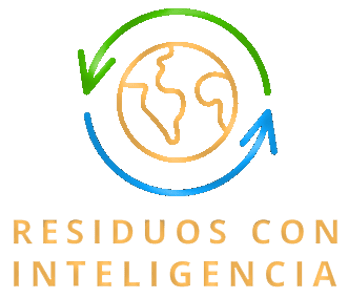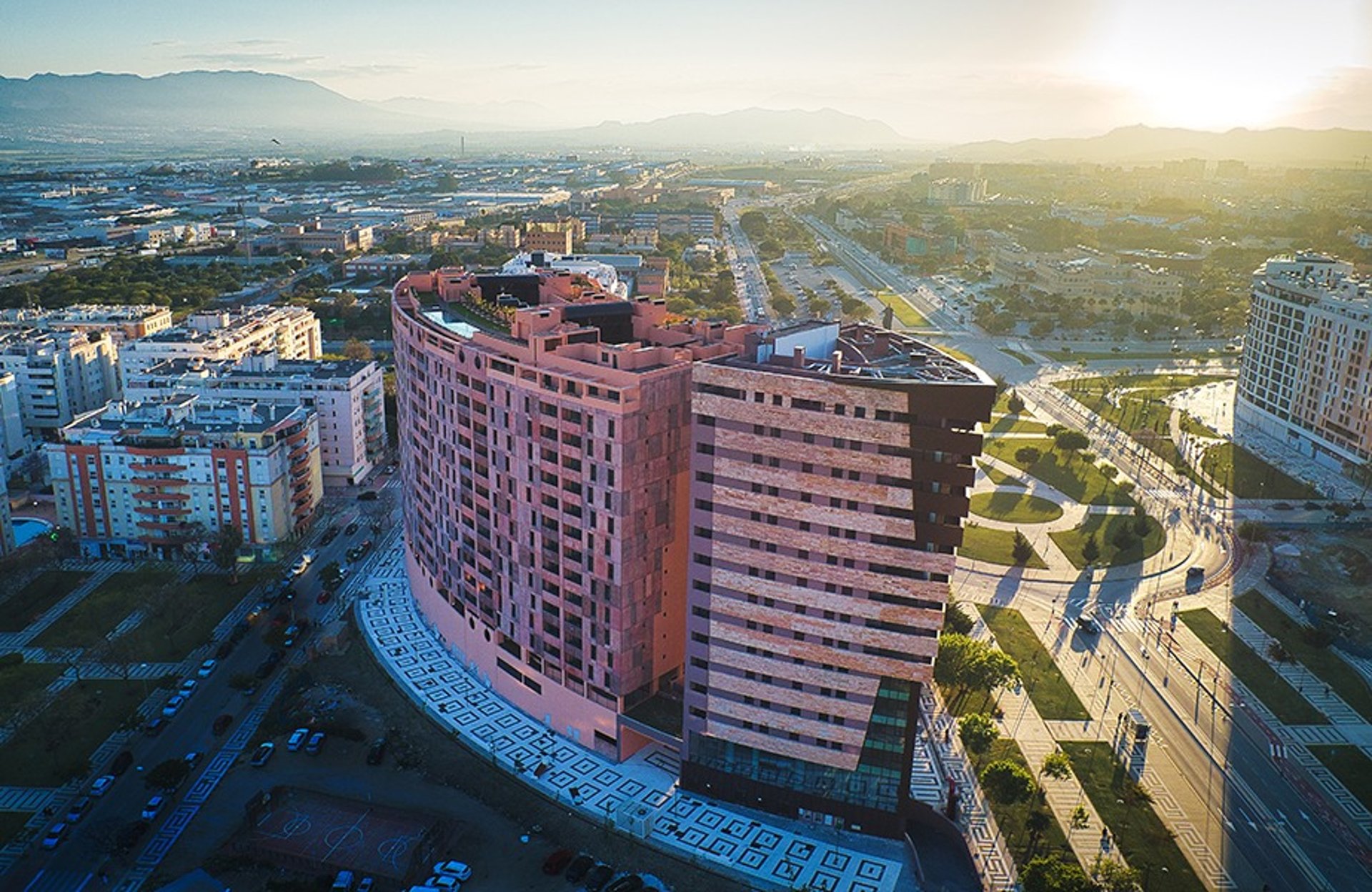
Efficient, more sustainable waste management
The challenge of adapting to EU regulations
NEWS


Efficient, more sustainable waste management
The challenge of adapting to EU regulations
The technological developments and innovative solutions developed at Waste with Intelligence are meticulously designed to align with and overcome the challenges posed by European regulations on recycling and waste management. These efforts focus on the transition towards a circular economy, significantly reducing environmental impact and promoting the efficient use of resources. European Union legislation sets clear goals for 2025, including recycling 70% of ferrous metals and glass waste, 65% of packaging, 75% of paper and cardboard, 50% of plastic waste and of aluminum, and 25% of wood, in addition to achieving recycling at the municipal level of 55% of waste.
This initiative specifically prepared for Malaga aims to incorporate technologies such as Artificial Intelligence (AI) and the Internet of Things (IoT), which optimize waste management and facilitate the achievement of these objectives. Through advanced selective collection systems and the implementation of optimized routes, not only is the efficiency of waste collection improved, but segregation at source and high-quality recycling are also promoted.


Royal Decree 1055/2022 and the Law on Waste and Contaminated Soils in Spain are reflections of the political and legislative will to move towards more sustainable and responsible practices. These regulations promote the reuse of packaging and the selective collection of organic matter, measures with which this project is fully aligned. Adapting to the European directive on single-use plastics and promoting high-quality recycling are examples of how technology can serve as a bridge to sustainability.
The solutions we develop comply with EU guidelines and objectives and provide a framework for continuous innovation in waste management. This allows cities and municipalities to meet and exceed environmental recycling and sustainability goals set for 2025 and beyond. The key to success lies in the effective integration of advanced technologies with regulatory policies and objectives, ensuring a greener and more sustainable future for all.

